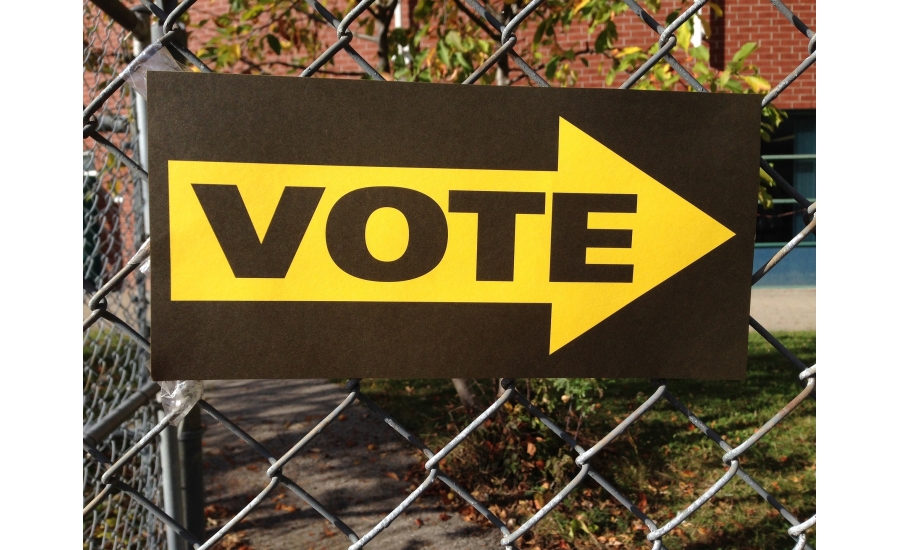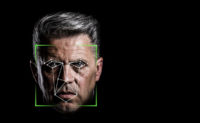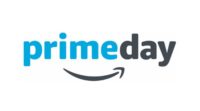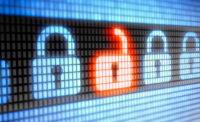Carbon Black, a provider of endpoint security that describes itself as having been “founded by former members of the U.S. government’s elite team of offensive security hackers,” conducted a survey and found that one in four Americans may choose not to vote in upcoming elections because of cybersecurity concerns.
The organization’s nationwide survey of 5,000 eligible U.S. voters found that 45 percent believe the 2018 midterm elections will be influenced by cyberattacks, 54 percent said cybersecurity is less secure than they thought prior to the 2016 elections and 27 percent said they will consider not voting in upcoming elections because of their concerns about cybersecurity, meaning that “as many as 58.8 million voters may actively decide to stay home during upcoming elections, including the 2018 midterms,” according to the report.
Regarding Russia, 44 percent said they believed Russia “will be back” to influence future U.S. elections, as noted in James Comey’s Capitol Hill testimony, 54 percent said the recent NSA leaks negatively impacted their trust in the U.S. election system to keep data safe and only 45 percent said they trust their states and voting districts to keep their voting information safe.
Carbon Black suggested several measures for restoring confidence in the election system, including implementing stronger cybersecurity protection for online registration systems and voter databases, limit (or discontinue) the use of electronic voting machines, and create an auditable paper trail of votes in every state and precinct.
While this issue may appear unrelated to the security industry at first blush, the idea that security dealers and integrators sell confidence is undeniable, and this confidence can be just as easily undermined by cybersecurity concerns as it is in the election system. This serves as yet another reminder that cybersecurity must be top-of-mind for security professionals.
To see the complete report, visit www.carbonblack.com/wp-content/uploads/2017/07/ElectionInSecurity_Carbon_Black_July2017_Report.pdf.



